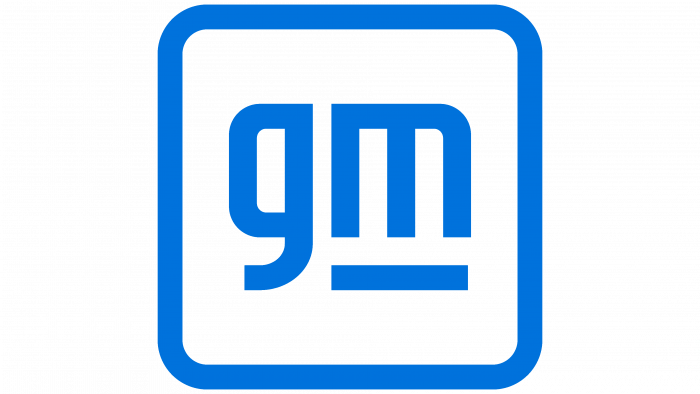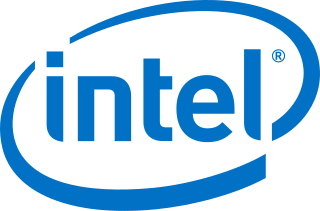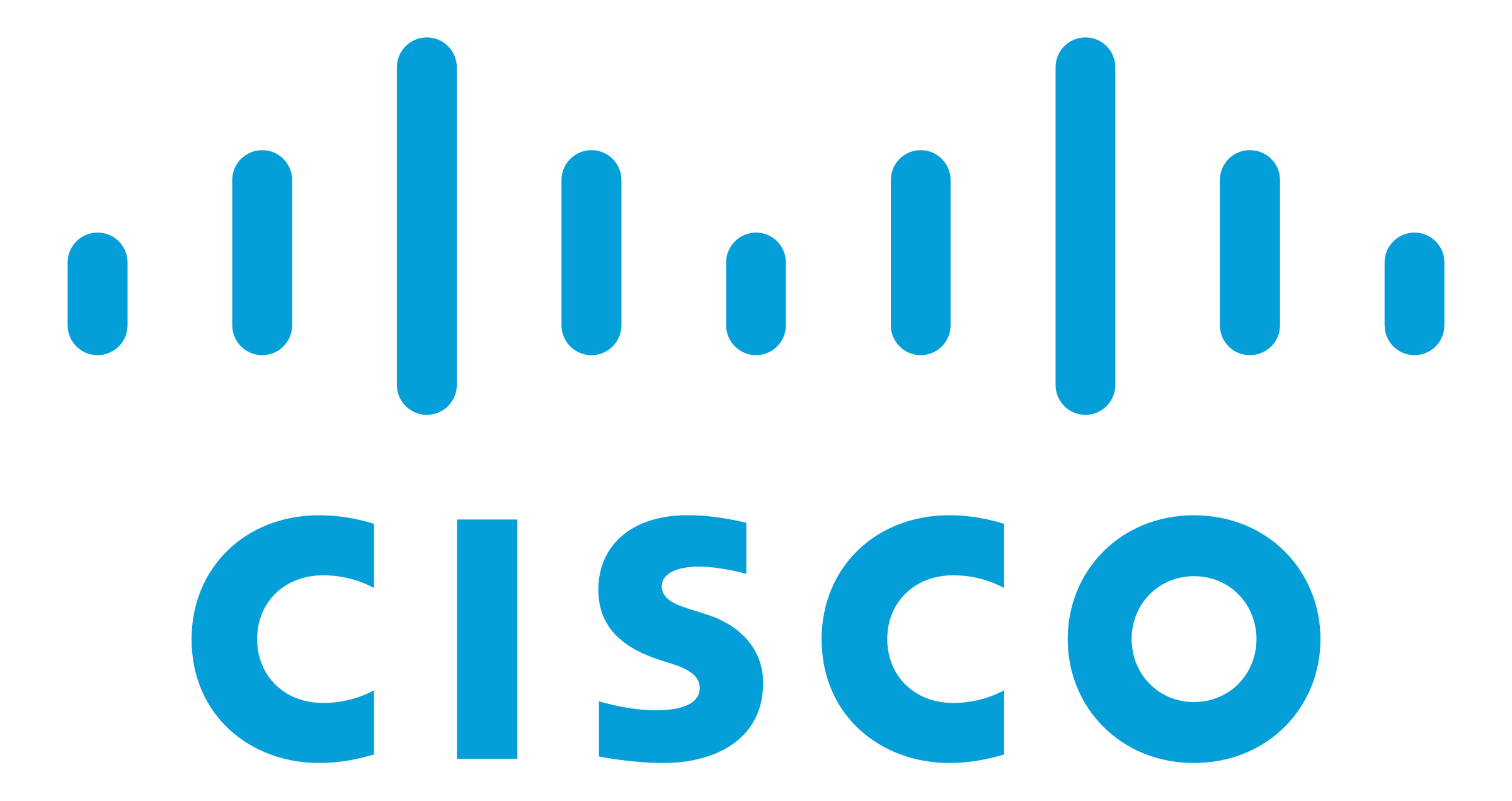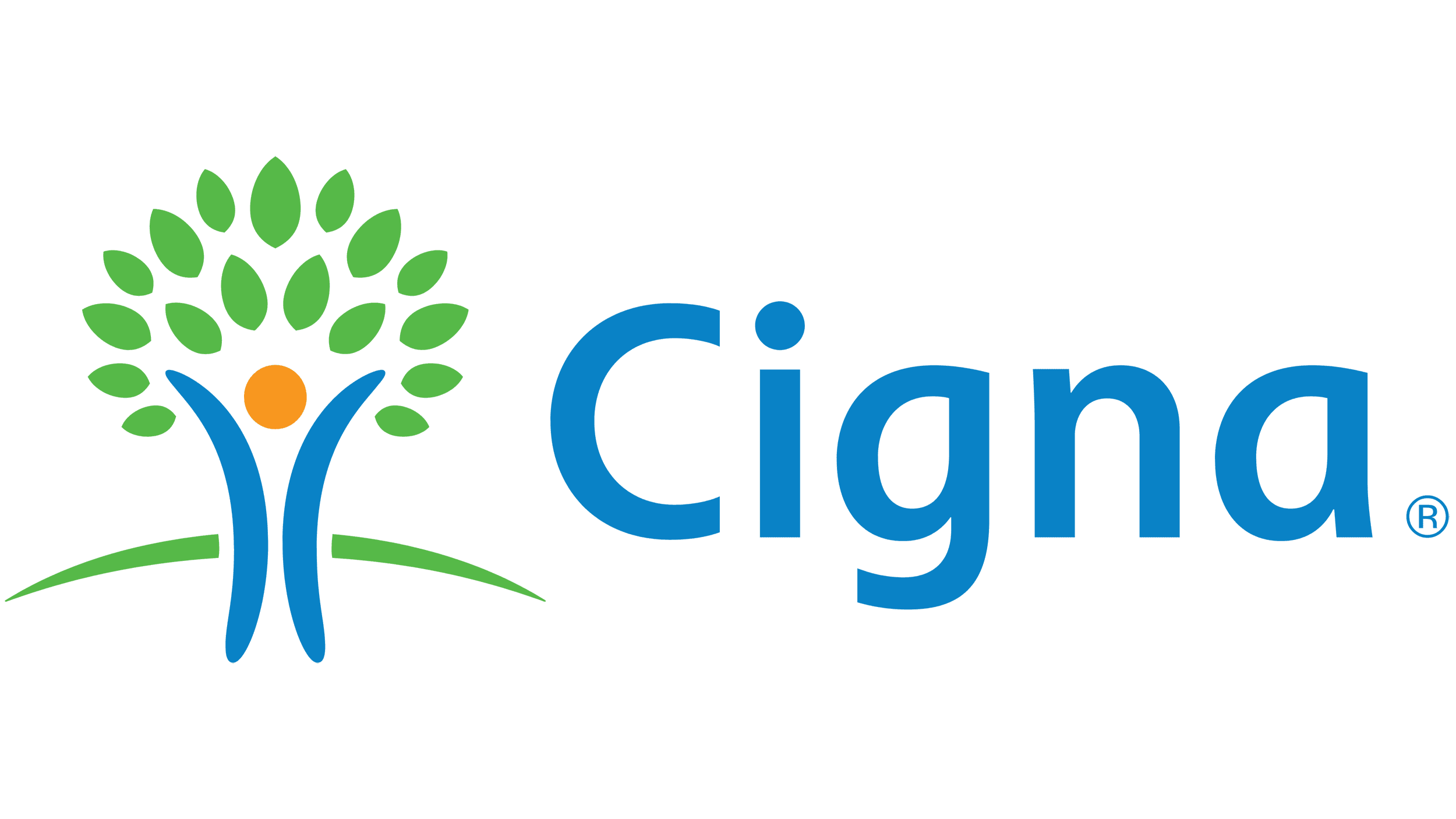How To Best Ask A Recruiter For An Update
In the dynamic realm of job searching, knowing how to ask a recruiter for an update is a vital skill. Whether you’re eagerly anticipating the outcome of a recent interview or simply seeking an update on the status of your application, knowing how to ask a recruiter for an update can significantly impact your job search journey.
Many job seekers hesitate to ask recruiters for updates, fearing they might come across as impatient. However, it’s essential to understand that seeking updates on your job application is not only acceptable but often encouraged. Recruiters appreciate candidates who display genuine interest in the position and organization.
In this guide, we’ll explore effective methods for requesting updates from recruiters, ensuring you can handle this aspect of the job search process with confidence.
Want to save time?
Let us help you land your next executive position by crafting the best resume/LinkedIn profile or by managing your entire job search. Here’s more information about our Executive Resume Writing Services and Reverse Recruitment Service. Book a call today to speak directly with our CEO and Founder, Arno Markus!
Industry Stats: According to the U.S. Bureau of Labor Statistics (BLS), the employment of top executives is projected to grow 6% from 2021 to 2031, which is about as fast as the average for all occupations.
Understanding the Recruiter’s Perspective
In your quest to learn how to best ask a recruiter for an update, it’s essential to grasp the recruiter’s viewpoint. By understanding their workload, communication preferences, and the delicate balance of timing, you’ll be better equipped to navigate this essential aspect of the recruitment process effectively.
A Day in the Recruiter’s World
Imagine being a recruiter: every day, they are swamped with loads of job applications, each needing attention. They have to find the perfect person for each job quickly. Their days are packed, balancing many tasks at once. It’s like trying to solve a big puzzle with hundreds of pieces. Knowing this helps us understand why sometimes they can’t reply to us right away.
How Recruiters Talk to Candidates
Recruiters have a system for talking to people applying for jobs. They often pay more attention first to those who are almost about to get a job offer. It’s not that they don’t care about other candidates; it’s just they need to handle things one step at a time. This means if you’re still early in the process, you might need to wait a bit longer for a reply.
Being Patient and Picking the Right Time
It’s really important to know when and how to ask recruiters for updates. If you ask too many times, too quickly, it might annoy them. It’s like when someone keeps asking you the same question over and over – it can be frustrating. But if you wait too long, they might think you’re not interested anymore. The trick is to find a balance – asking for updates in a friendly and patient way, at the right time, so you stay on their radar without being pushy.
Preparing to Ask for an Update
In your job search journey, reaching out to a recruiter for an update is a step that requires thoughtfulness and strategy. It’s not just about sending an email or making a call; it’s about doing so in a way that reflects your understanding of the process and respect for the recruiter’s time. Let’s break down this process into three key areas.
Self-Assessment: Knowing Your Status
Before picking up the phone or drafting an email, it’s essential to have a clear understanding of where you stand in the recruitment process. This self-awareness will shape how you approach the recruiter and what you communicate. Consider:
- How long has it been since your last interaction?
- What was discussed or promised in your last communication?
- What stage of the selection process are you in (application, interview, post-interview)?
Be clear about why you’re reaching out. Are you seeking feedback, an update on your application status, or clarification on the next steps?
Gathering Your Facts
A well-prepared inquiry reflects your professionalism and seriousness about the position.
Keep track of important details such as:
- The date you submitted your application or resume.
- Specific job posting details: job title, reference number, and any pertinent job requirements.
- Dates and summaries of all previous communications, including interviews and email exchanges.
Prepare specific questions you want to ask. These might include inquiries about:
- The timeline for the next steps in the recruitment process.
- Feedback on your application or interview performance.
- Any additional information or documents the recruiter might need from you.
Deciding the Right Time to Reach Out
Wait for a reasonable period after your last interaction before following up. If the recruiter had mentioned a timeframe for updates, respect that timeline.
Consider the following guidelines:
- If no specific timeline was given, a follow-up one to two weeks after application or interview is reasonable.
- Respect any timeframes given by the recruiter during your last interaction. If they mentioned a date for updates, wait until after that date to reach out.
Be aware of holidays, weekends, or major industry events that might delay responses. Balance the need for information with patience. Constantly asking for updates can be seen as pushy, but a well-timed, polite inquiry shows your continued interest and professionalism.
Interpreting Responses from Recruiters
- Positive Responses: If a recruiter indicates ongoing interest or provides specific details about next steps, take this as a good sign and follow their guidance for further communication.
- Vague or Non-Committal Responses: Sometimes, a recruiter might give a response that isn’t clear or commits to no specific action. In such cases, politely ask for clarification or a possible timeline for a decision.
- No Response: If a recruiter doesn’t respond after one or two respectful follow-ups, it may be a sign to move on. Continuing to pursue a response might not be productive and could be seen as pushy.
Effective Communication Strategies
When reaching out to recruiters for updates, the way you communicate can make a significant difference. Here’s a detailed breakdown of effective strategies:
Choosing the Right Communication Channel
- Email: Most recommended for its formality and ability to convey detailed information. Ideal for sending structured messages with your contact information and reference to your application or interview.
- Phone Calls: Best used when a more immediate or personal response is needed. Only opt for phone calls if the recruiter has previously communicated via this channel or if it’s been suggested as a means of contact.
- LinkedIn Messages: Suitable for less formal interactions or if you initially connected with the recruiter on LinkedIn. Ensure your profile is professional and up-to-date before reaching out.
- Text Messages: Generally, avoid unless the recruiter has texted you first. It’s seen as less professional in many industries.
- Choosing Based on Company Culture: Research the company culture to determine the most appropriate channel. For example, a tech startup might prefer LinkedIn or email, while a law firm might favor a more traditional approach like a formal email.
Crafting a Clear, Concise, and Polite Message
- Subject Line: Use a clear and direct subject line for emails, like “Follow-up on [Job Title] Application”.
- Greeting: Address the recruiter by name to personalize your message. If unsure, “Dear [Recruiter’s Name]” is a safe and professional option.
- Purpose of Your Message: State the purpose of your communication early. Mention the job title and when you last interacted.
- Tone: Keep the tone polite and professional. Even if you’re anxious, ensure your language reflects respect and patience.
- Brevity is Key: Be concise. Respect the recruiter’s time by keeping your message brief but informative.
- Closing: End with a thank you note, showing appreciation for their time and consideration. A simple “Thank you for your time and assistance” is effective.
Examples of Do’s and Don’ts
- Do: “Dear [Recruiter’s Name], I hope this message finds you well. I’m writing to kindly inquire about the status of my application for [Job Title], submitted on [Date]. I am very enthusiastic about the opportunity to join [Company Name] and look forward to any updates you might be able to share. Thank you for considering my application.”
- Don’t: “Hi, I haven’t heard back about my job application. When will I know if I’m hired?”
- Do: “Hello [Recruiter’s Name], I recently interviewed for [Job Title] and wanted to express my gratitude for the opportunity. If possible, could you provide an update on the selection process? I am eager to learn about the next steps. Thank you for your time and assistance.”
- Don’t: “Why haven’t you responded to my previous emails? I need to know if I got the job.”
Common Mistakes to Avoid
When following up with recruiters, it’s easy to fall into certain traps that can hinder rather than help your job search. Being aware of these common mistakes can guide you in maintaining a professional demeanor and making a positive impression.
Excessive Follow-Ups: Following up too often can make you appear desperate and can be a turn-off for recruiters. Stick to a reasonable schedule for follow-ups.
Multiple Channels: Contacting a recruiter through multiple platforms (email, phone, LinkedIn, etc.) in a short span can come across as aggressive. Choose one channel and stick to it unless advised otherwise.
Lack of Clarity: When you reach out, be clear about what you are asking. Ambiguous or unclear messages can lead to confusion and a lack of effective response.
Setting Unrealistic Expectations: Demanding immediate responses or updates can seem presumptuous. Understand that recruiters have their processes and timelines, and respect these.
Handling Rejection: If you’re not selected for a position, remember it’s often about finding the right fit rather than a reflection of your worth. Use it as a learning experience.
Dealing with Delays: Recruitment processes can be lengthy and complex. Delays don’t necessarily mean a negative outcome. Patience is key in these situations.
By avoiding these common mistakes, you can ensure your communication with recruiters is effective, professional, and respectful. Remember, the way you handle the follow-up process can speak volumes about your character and can be just as important as your qualifications and experience.
Final Thoughts
To wrap up, mastering the art of asking a recruiter for an update is a key step in navigating your job search journey successfully. Remember, it’s all about communication that’s patient, clear, and respectful. Be mindful of how often you reach out, and ensure your messages are straightforward and considerate of the recruiter’s busy schedule.
Also, it’s important not to take delays or rejections personally. By applying these simple yet effective strategies, you’ll not only make a great impression but also boost your chances in the competitive job market.
Keep these tips in mind the next time you’re in a position to ask a recruiter for an update and approach the conversation with confidence and professionalism.
About iCareerSolutions
iCareerSolutions, America’s #1 Executive and Professional Resume Writing Services, Reverse Recruitment, and LinkedIn Profile Development Company. 28X award-winning resume writers deliver professional resumes that get interviews. We have successfully landed our executive clients senior-level leadership positions at companies like Apple, Amazon, EA, Oracle, GM, Google, Facebook, DoJ, Gap, and 2U just to name a few. iCareerSolutions has 200+ 5-star reviews and offers a 60-day interview guarantee. Every resume template created is Applicant Tracking Systems (ATS) compatible and highly customized to meet your unique needs.
Active Members of The National Resume Writers’ Association (NRWA) │ The Professional Association of Resume Writers & Career Coaches (PARW&CC) │ Career Directors International (CDI) │ Career Professionals (CPC) │ Forbes Coaches Council
One of the Top Multi-Award-Winning Resume Writing Services in the country.
Book a complimentary consultation for your Professionally Managed Job Search now!


Employers who have Onboarded Our Clients






































